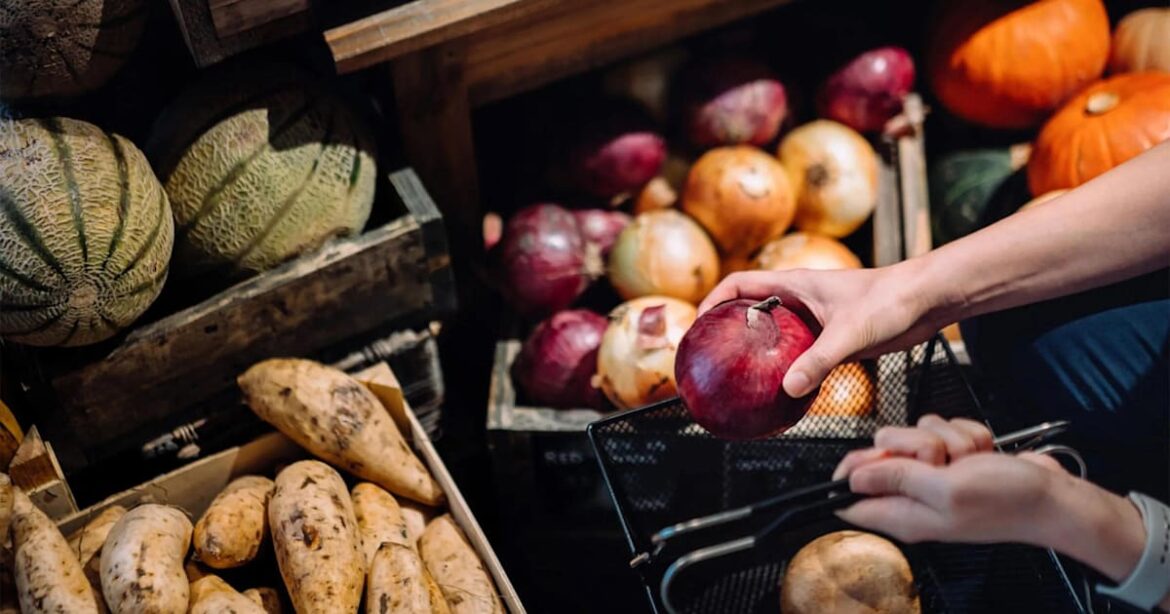Turning commitments into action
“Serving 13 million meals in four weeks at over 40 sites is going to be the largest event catering operation in the world,” said Etienne Thobois, Paris 2024 Chief Executive Officer. “It’s an immense operational challenge. For France, it’s an opportunity to showcase our expertise at every step of the chain – production, logistics, preparation, service and waste management.”
That figure of 13 million meals comprises 5 million snacks for spectators, 3.5 million meals for staff and volunteers, 2.2 million for competitors, 1.8 million for the media, 350,000 hospitality meals, and a further 150,000 for the Olympic and Paralympic community.
How will the six commitments and their targets be achieved?
Doubling the amount of vegetables and vegetable protein on plates will help halve the carbon footprint of meals.
The provenance and quality of every food product will be certified: 80 per cent will be sourced in France, 25 per cent from within 250km of the venues. Imported products which are needed to meet athletes’ cultural needs (for example, cacao and bananas) will be held to the highest environmental standards. At least 30 per cent of all products will be organic, with 100 per cent French dairy products.
The 50 per cent reduction in single-use plastics (by weight, using London 2012 as a benchmark) is an Olympic first. There will be 700 water and soda fountains installed by Worldwide Olympic Partner Coca-Cola across all Paris 2024 sites, as well as water points. All plastic will be collected and recycled, and tableware reusable, with returnable and recyclable alternatives for take-out catering.
Upstream work on the supply chain and portions will help minimise food waste. All leftover food will be donated, composted or used to produce renewable gas.
All 100,000 plates needed for the Olympic Village will be reused by the events management specialist Sodexo Live! after the Games, as will other equipment and catering infrastructure.
A tenth of all catering jobs will be reserved for disabled or socially excluded people, – a figure rising to 15 per cent in the Olympic Village, where all services will be fully accessible to all.
Food systems under pressure
Feeding a growing global population is putting enormous pressure on the world’s food systems, with unsustainable agricultural practices accelerating biodiversity loss, temperature rises and soil degradation.
According to Thierry Marx, Paris 2024 can provide a more responsible food model for other major sporting and cultural events: “The Games are enabling us to bring together the entire food ecosystem around a vision for catering that is sustainable from an environmental and social point of view. It is a unique opportunity to support the food transition in a positive way by proving that what is good for our health and the planet is also good to eat! With more plants on our plates, as well as more local and seasonal products and greater responsibility throughout the entire supply chain, Paris 2024 isn’t just setting out specifications – it’s presenting several opportunities for us all to seize.”

